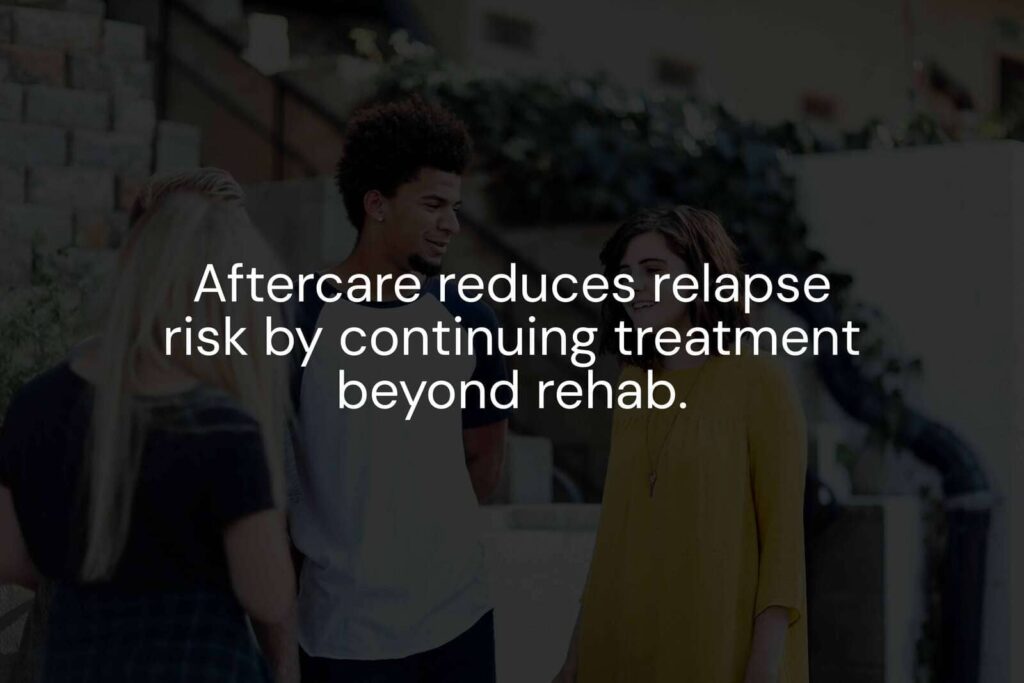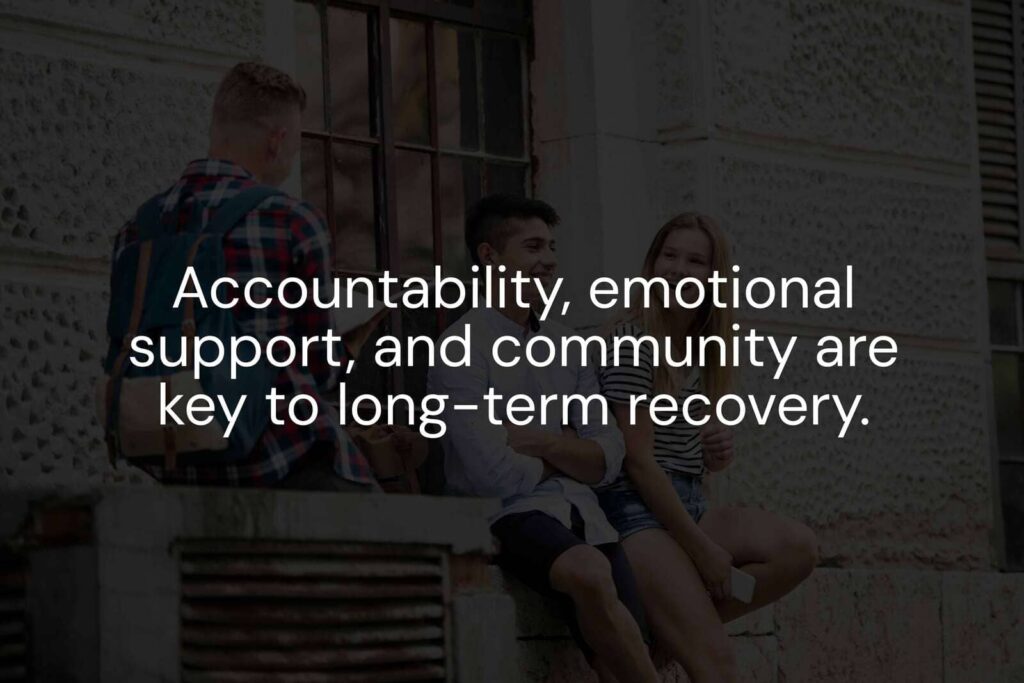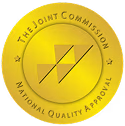The Role of Aftercare in Addiction Treatment

How Aftercare Prevents Relapse
Relapse rates for substance use disorders range from 40 to 60 percent, which is similar to other chronic conditions such as diabetes or hypertension. Aftercare reduces these risks by:
- Offering continued therapy to manage cravings and triggers
- Encouraging participation in support groups for peer accountability
- Reinforcing coping skills taught in rehab
- Providing medication-assisted treatment for those with opioid or alcohol dependence
By addressing both the psychological and practical challenges of recovery, aftercare strengthens the foundation built during rehab.
Building Accountability Through Aftercare
Accountability is one of the strongest reasons aftercare is so important. Weekly therapy sessions, support group meetings, and check-ins with recovery coaches give individuals a sense of responsibility for their choices. Knowing that someone will ask about progress each week can be a powerful motivator to stay sober.

Emotional and Social Support in Aftercare
Recovery is not just about abstaining from drugs or alcohol; it is also about rebuilding life. Aftercare provides safe spaces where patients can share struggles, receive encouragement, and celebrate milestones. Support groups like 12-step programs, alumni meetings, and peer-led organizations help reduce feelings of isolation and foster community.
Life Skills Development in Aftercare
Another reason aftercare is critical is its focus on life skills. Many people leaving rehab struggle with practical challenges such as finding employment, managing finances, or rebuilding relationships. Aftercare programs often include vocational training, budgeting workshops, and communication coaching to help individuals thrive beyond treatment.

The Long-Term Benefits of Aftercare
Engaging in aftercare significantly improves long-term recovery outcomes. People who stay involved in aftercare for at least one year are much more likely to maintain sobriety compared to those who do not. Long-term participation allows patients to face new challenges with continued support, whether it’s managing stress, handling setbacks, or navigating major life transitions.
Related Topics in the Aftercare Series
What Are Aftercare Services in Rehab?
This article outlines the types of services available after rehab, including therapy, support groups, sober living, and skills training. It explains how aftercare provides the structure needed for long-term sobriety.
How Long Does Aftercare Last After Rehab?
This article explores the typical timeline of aftercare programs and why some individuals may benefit from extended support lasting months or even years.
Takeaway
Aftercare is important in recovery because it strengthens accountability, provides emotional and social support, teaches life skills, and reduces relapse risks. By continuing treatment after rehab, individuals gain the tools they need not only to remain sober but also to rebuild fulfilling lives.





.png)
